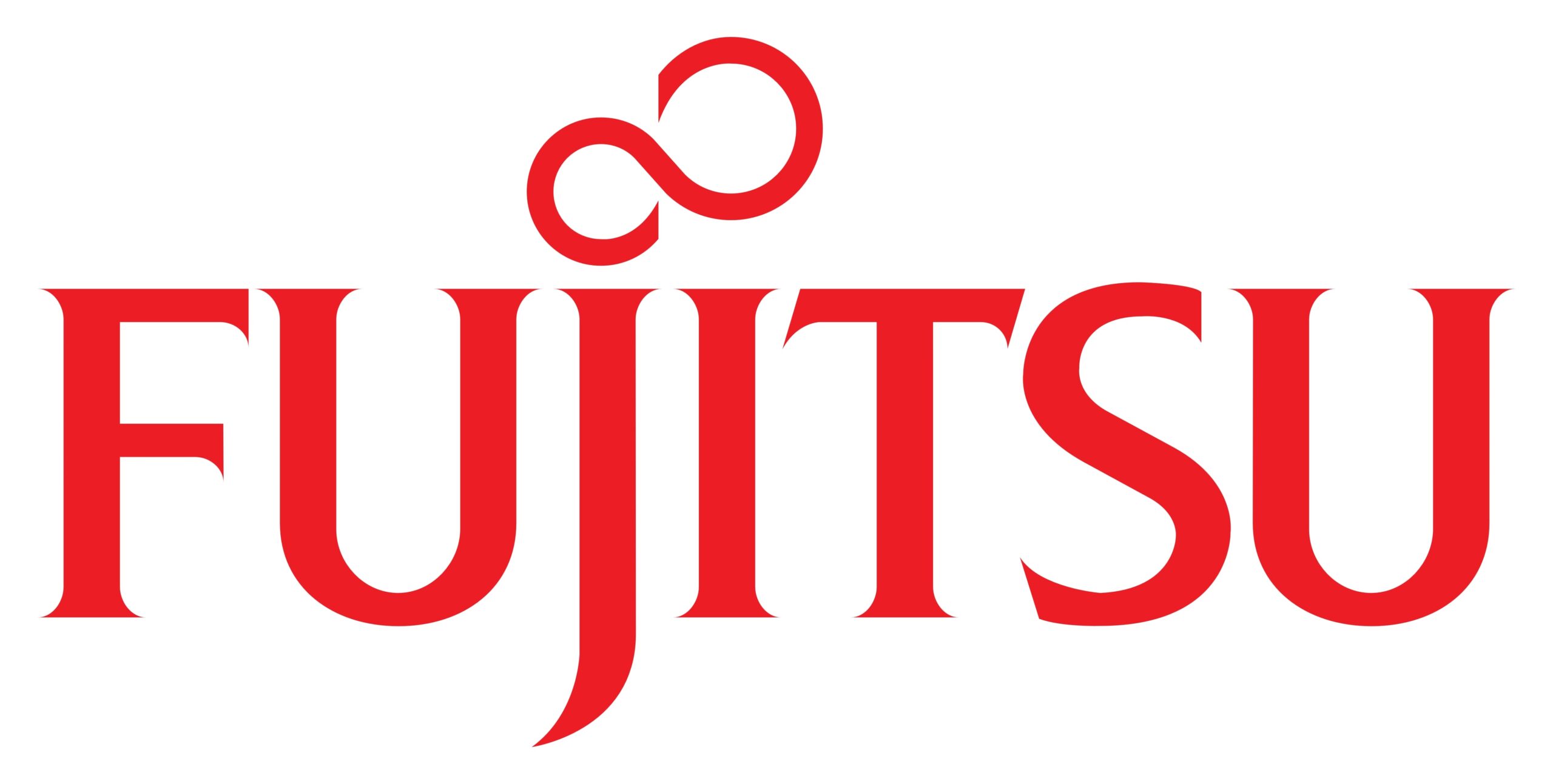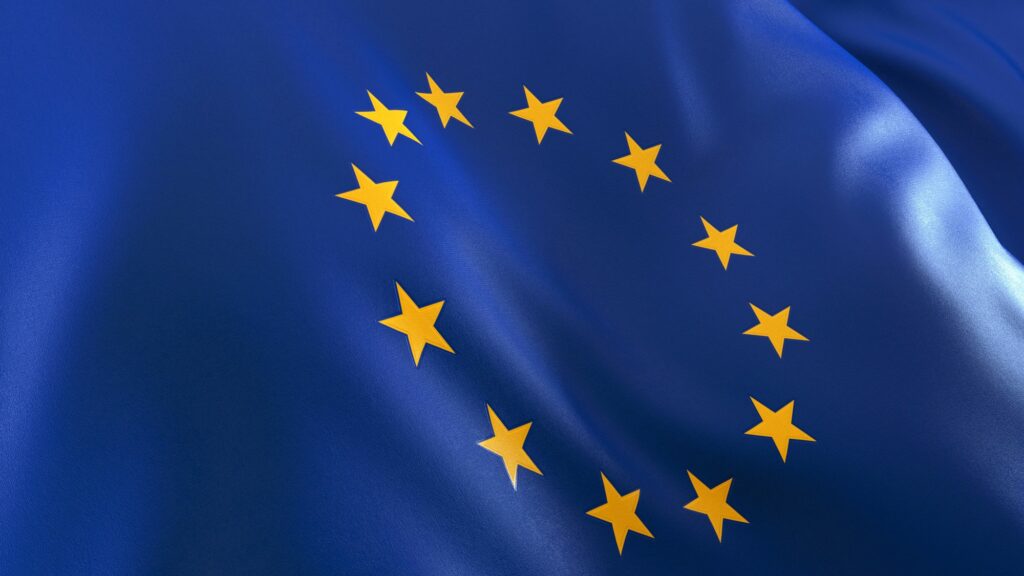Insider Brief
- Fujitsu has officially announced four winning teams of theFujitsu $100,000 Quantum Simulator Challenge”.
- Fujitsu received applications from a total of 43 teams of startups and universities from 17 countries and regions.
- The winners were announced at a ceremony held at the Fujitsu Quantum Day on January 25, 2024.
PRESS RELEASE — Fujitsu from February to September 2023 conducted the “Fujitsu $100,000 Quantum Simulator Challenge,” a global competition in which Fujitsu called members of the industry and academia to test Fujitsu’s 39 qubit quantum simulator on novel problems and applications. Fujitsu has officially announced four winning teams of the competition during a winning ceremony held at the Fujitsu Quantum Day on January 25, 2024 at De Oude Bibliotheek Academy in Delft, the Netherlands (1).
Fujitsu received applications from a total of 43 teams of startups and universities from 17 countries and regions. Among them, 20 teams that passed the first selection process where Fujitsu evaluated applicants’ use cases with regard to their innovativeness and how they applied Fujitsu’s quantum simulator to contribute to the solution of societal problems. After the contest period, participating teams submitted a report of their research results. Based on these results an award committee consisting of 13 members including researchers from Fujitsu’s Quantum Laboratory awarded four winner teams of the challenge.
The committee awarded Quanscient Oy (2) from Finland with the first prize for its project “quantum algorithms for fluid dynamics.”
Participants in total spent about 56,000 hours using the quantum simulator during the contest, and created various use cases ranging from basic research results including error correction technology to algorithm development that contributes to solving societal problems. The total award amount is USD 100,000.

Fujitsu plans to hold the quantum simulator challenge again in 2024 and beyond, utilizing an enhanced quantum simulator with 40 qubits, one of the largest in the world (3). Moving forward, Fujitsu will continue to collaborate with advanced startups in the quantum computing field globally and lead R&D toward the practical implementation of quantum computing technologies.
Hideto Okada, Head of Technology Strategy Unit, Fujitsu, comments: “Participants of the quantum simulator challenge have developed various advanced applications using Fujitsu’s quantum simulator. All these exciting use cases highlight the power of quantum computing to quickly and accurately contribute to the solution of societal problems. We will continue to be at the forefront of quantum computing by working with our customers and partners to drive the development of quantum simulators and quantum applications.
The Fujitsu quantum simulator challenge showed the importance of community activities and competition for innovation, and we will continue to work with the quantum computing community to drive further progress in the field of quantum computing.”
Background
High error rates and scalability issues in quantum computing hardware represent ongoing tasks in the usage of current quantum computers. To this end, developers of quantum computing technologies are increasingly focusing on quantum simulators running on high-performance computers (HPC), and are exploring applications in various fields.
Fujitsu has been working with multiple customers to develop pioneering quantum applications using its quantum simulator, a cluster system consisting of the FUJITSU Supercomputer PRIMEHPC FX700 equipped with the same A64FX CPU at the heart of supercomputer Fugaku (4).
As feedback from users of quantum simulators represents an important key in the development of quantum applications, Fujitsu opened up some of its quantum simulator resources to the public and started the “Fujitsu $100,000 Quantum Simulator Challenge” to gain feedback from participating research institutions, universities, and companies competing for quantum application development in various fields.
Winner teams:
First prize: Quanscient Oy
Quantum algorithms for fluid dynamics
- Performance of complex fluid simulations by applying quantum techniques to the field of fluid dynamics
- Development of quantum algorithms that can be used in vehicle/ship/aircraft manufacturing and biomedicine, and to measure and evaluate computational performance
Second prize: Riverlane Limited (5)
Quantum stability experiments on the Fujitsu quantum simulator
- Simulation of quantum stability, a key benchmark for quantum error correction (QEC), under realistic noise models with leakage
- Verification of quantum stability for different types of noise that cause errors in quantum calculations and discovery of previously unobserved behavior
Third prize: Qkrishi Quantum Private Limited (6) /Bloq Quantum Private Limited (7)
Optimized quantum kernels for improved credit card fraud detection
- Application of quantum machine learning to detect credit card fraud on quantum simulators
- Test construction of a quantum simulator based back-end application that was evaluated by an insurance company
Third prize: University of Naples Federico II (8)
Interpretable and efficient control of smart cities with quantum computers
- Combination of quantum computing and fuzzy theory (9) to build a system based on human language rules
- Application to smart city use cases such as wireless networks and traffic signal control
If you found this article to be informative, you can explore more current quantum news here, exclusives, interviews, and podcasts.
















